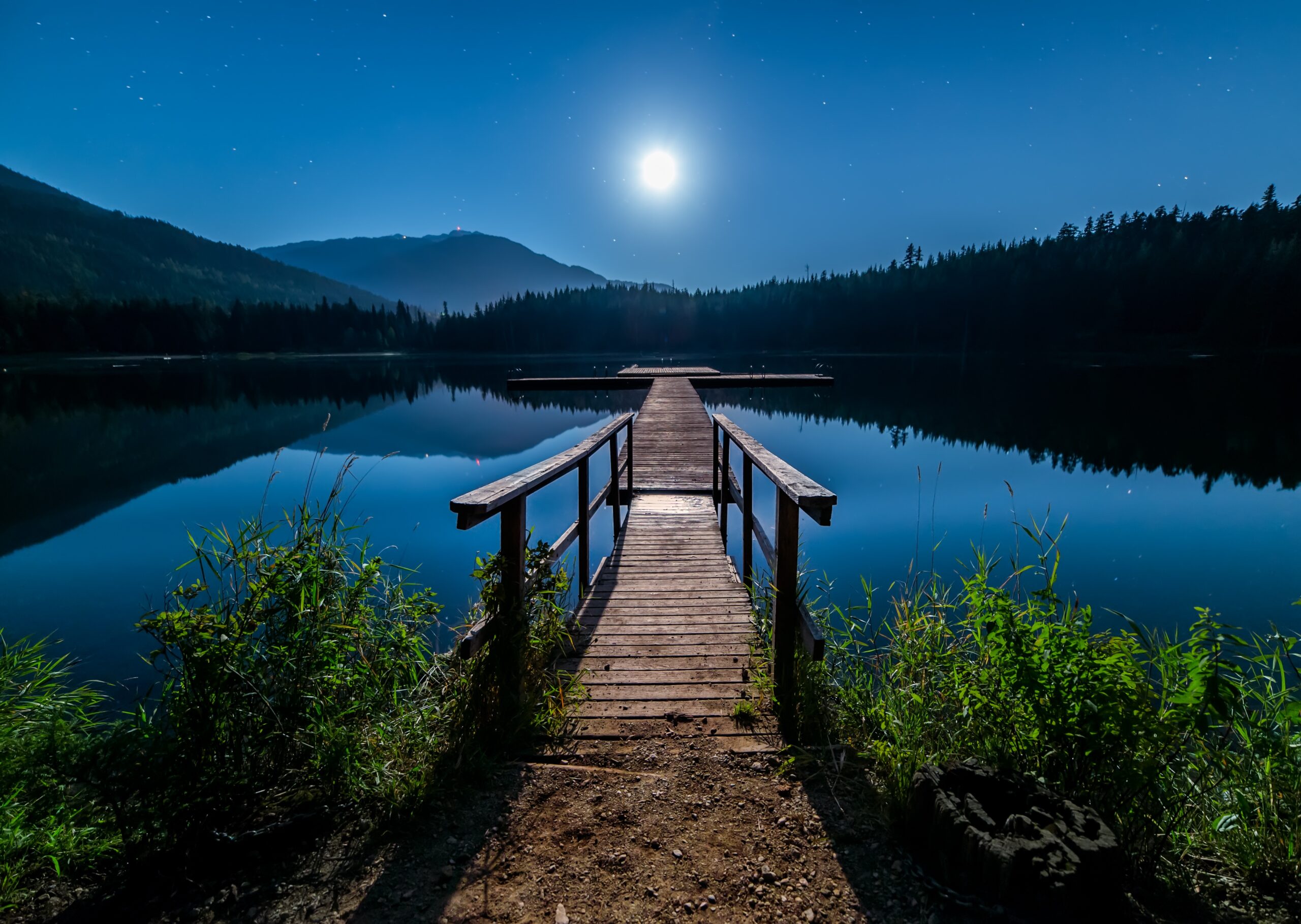Can insomnia be caused by a lack of exposure to natural light?
Title: The Link Between Insomnia and Natural Light: Shedding Light on Restful Sleep
Introduction:In today’s fast-paced world, many individuals struggle with sleep-related issues, particularly insomnia. While various factors contribute to poor sleep quality, one surprising aspect that often goes unnoticed is our exposure to natural light. In this blog, we will explore the connection between insomnia and a lack of exposure to natural light, uncovering its impact on our sleep patterns and overall well-being.
The Importance of Natural Light:Natural light plays a crucial role in regulating our internal biological clock, known as the circadian rhythm. This internal clock helps regulate our sleep-wake cycle, influencing when we feel alert and energized during the day and when we naturally wind down for sleep at night. The primary source of natural light is the sun, which emits a spectrum of light that affects our body’s internal functions.
Insomnia and Natural Light:Insomnia is characterized by difficulty falling asleep, staying asleep, or experiencing non-restorative sleep, leading to daytime fatigue and functional impairment. Recent studies have revealed a strong association between a lack of exposure to natural light and insomnia symptoms.
Disrupted Circadian Rhythm:Excessive exposure to artificial light, such as indoor lighting and electronic devices, can disrupt the body’s natural circadian rhythm. This interference can confuse our internal clock, making it difficult for the body to differentiate between day and night. Consequently, individuals may struggle to fall asleep or wake up feeling refreshed.
Melatonin Production:Melatonin, commonly known as the “sleep hormone,” is regulated by exposure to light. Dim light or darkness triggers the pineal gland to release melatonin, promoting relaxation and preparing the body for sleep. However, insufficient exposure to natural light during the day can disrupt this delicate balance, inhibiting the proper production of melatonin and leading to sleep disturbances.
Effects on Sleep Quality:A lack of exposure to natural light can not only affect the ability to fall asleep but also impact the quality of sleep experienced. Research suggests that individuals with limited exposure to natural light tend to have more fragmented and less restorative sleep, leading to increased daytime sleepiness and reduced cognitive function.
Correcting Insomnia through Natural Light:Fortunately, there are steps individuals can take to optimize their exposure to natural light and alleviate insomnia symptoms:
1. Get Outside:Make a conscious effort to spend time outdoors every day, especially during the morning hours when natural light is most beneficial. A brisk walk, gardening, or simply sitting on a park bench can help reset your circadian rhythm and enhance sleep quality.
2. Open Up Your Living Space:Ensure that your home or workplace receives ample natural light by keeping curtains and blinds open during the day. Consider rearranging furniture to allow more natural light to enter the space.
3. Light Boxes:For those unable to access natural light due to location or lifestyle constraints, light therapy boxes can offer a similar effect. These devices emit bright light that mimics natural sunlight, helping regulate the circadian rhythm and improve sleep patterns.
Conclusion:While there are multiple factors that contribute to insomnia, a lack of exposure to natural light can significantly impact the quality and duration of our sleep. By recognizing the importance of natural light and incorporating it into our daily routines, we can improve our sleep quality, restore our circadian rhythm, and experience the restful sleep we deserve. So, let’s embrace the healing power of natural light and embark on a journey towards better sleep and overall well-being.



